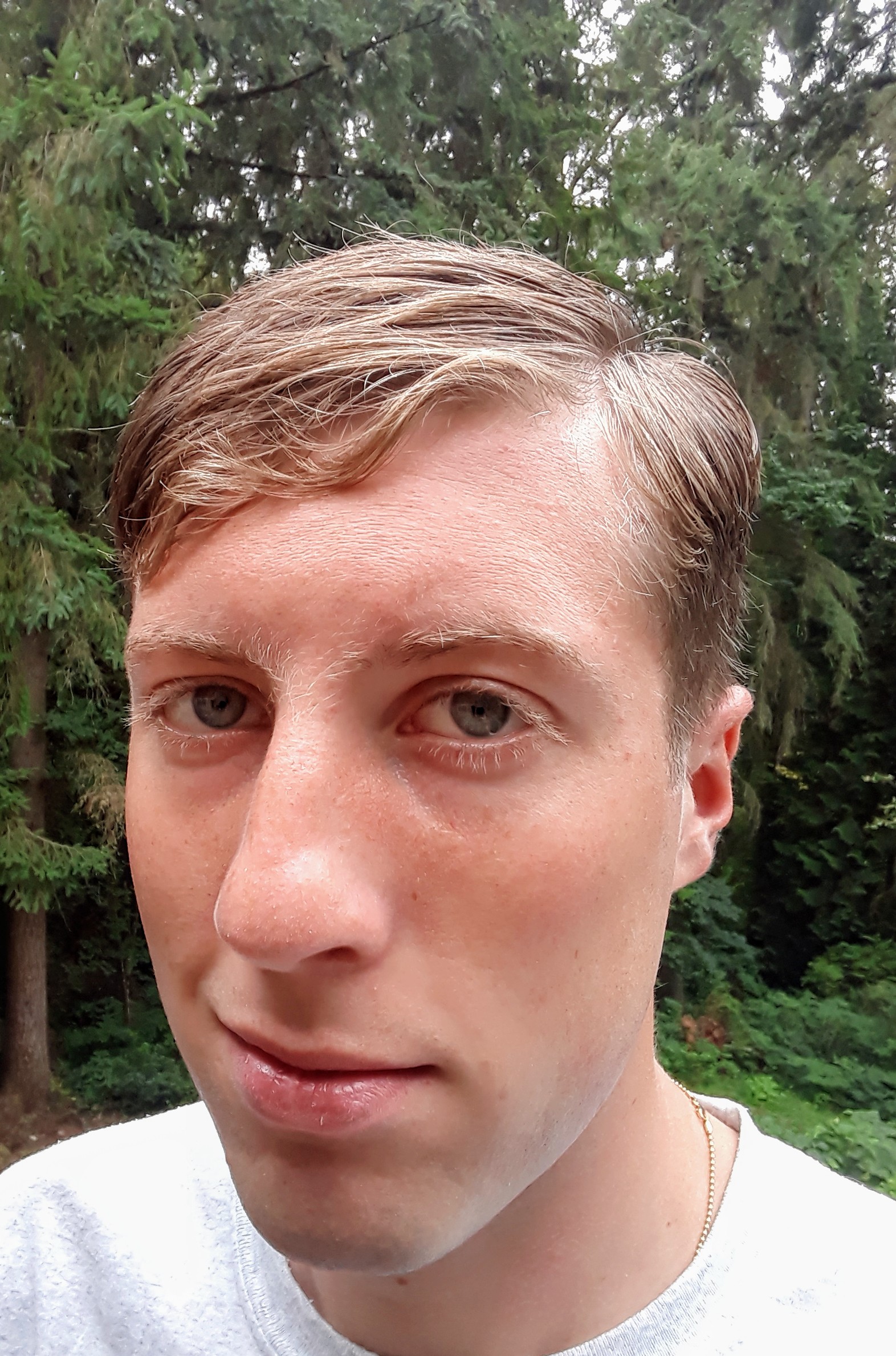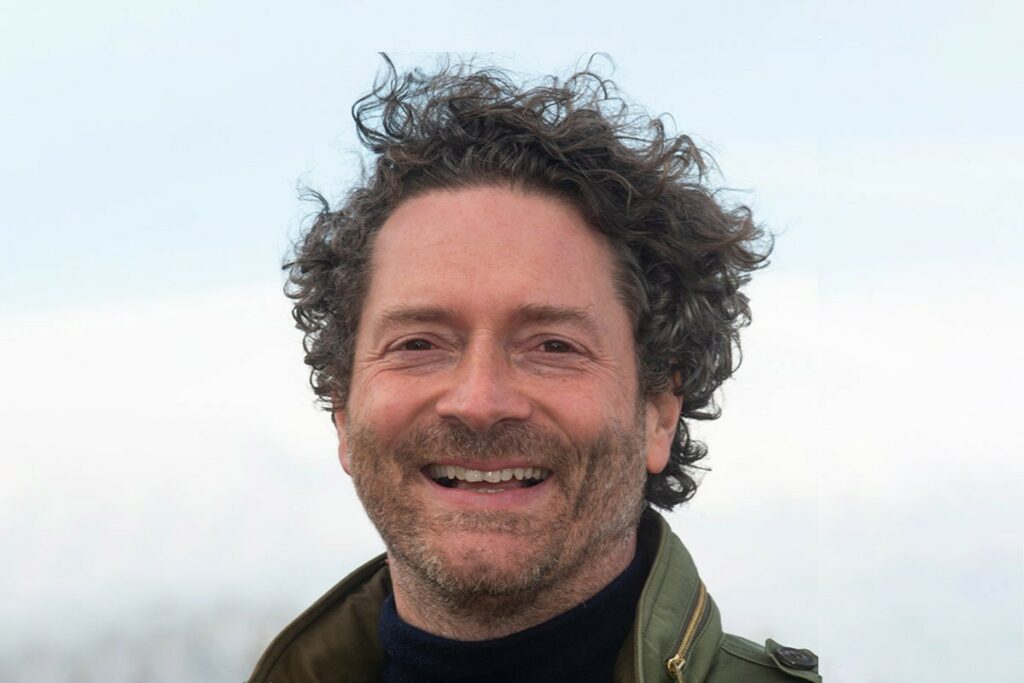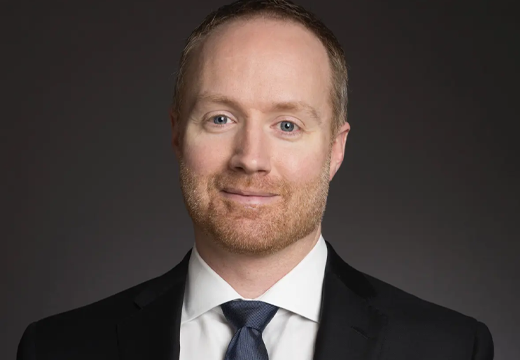Q&A with Victor Lobanov of the University of Gothenburg
Note: The Global Seafood Alliance spotlights various members dedicated to GSA’s mission of responsible aquaculture. Membership starts at only $50 for individuals and $5,000 for businesses. Start utilizing our extensive benefits. Featured this month is Victor Lobanov of the University of Gothenburg, Sweden.
 Tell us a little bit about your background.
Tell us a little bit about your background.
Originally from the Pacific Northwest, I completed my undergraduate studies with a focus on chemistry and mathematics. This shifted into biotechnology engineering during my master’s degree. Currently I am at the marine sciences department at the University of Gothenburg, Sweden, working on a doctoral degree. The focus is principally on microbial communities involved in the degradation of waste from recirculating aquaculture systems. I am particularly interested in how the microbial digestion can be improved as part of a global effort to make the industry more environmentally sustainable. Besides that, I am interested in land-based marine aquaculture, in particular with salmon and arctic char.
Why did you join GSA?
Initially I joined the GSA because my supervisor is herself a member. However, I am happy to be a member as the articles are quite interesting, exploring novel concepts, designs, and providing insight to new challenges in the industry.
What solutions does responsible aquaculture provide?
Fishing is severely perturbing the total abundance and diversity of marine communities in each ocean and in a global sense, virtually all major bodies of water. It is the only meat which we continue to hunt as opposed to raising in a controlled manner. Aquaculture is a large-scale attempt to facilitate that transition. Moving forward, a greater degree of awareness needs to be payed to environmental sustainability. The transition to land-based cultivation as well as the development of waste treatment strategies will furthermore allow aquaculture to influence other industries (hydroponics, large scale agriculture, wastewater treatment) which must deal with similar waste management issues.
What are the three words that best describe the future of the industry?
Sustainable, conscientious, efficient.
Where is the most interesting place you’ve traveled to?
Hitherto I have been based around the North Sea and the Pacific NW. I find it a great sign that wherever one goes, people are interested in aquaculture as a concept, and are furthermore keen on seeing its development increase. I have not yet travelled to any particularly exotic places (from my perspective), however I will be soon going to Australia and likely other SE Asian countries, which I greatly look forward to.
Thanks for being a member, Victor!




